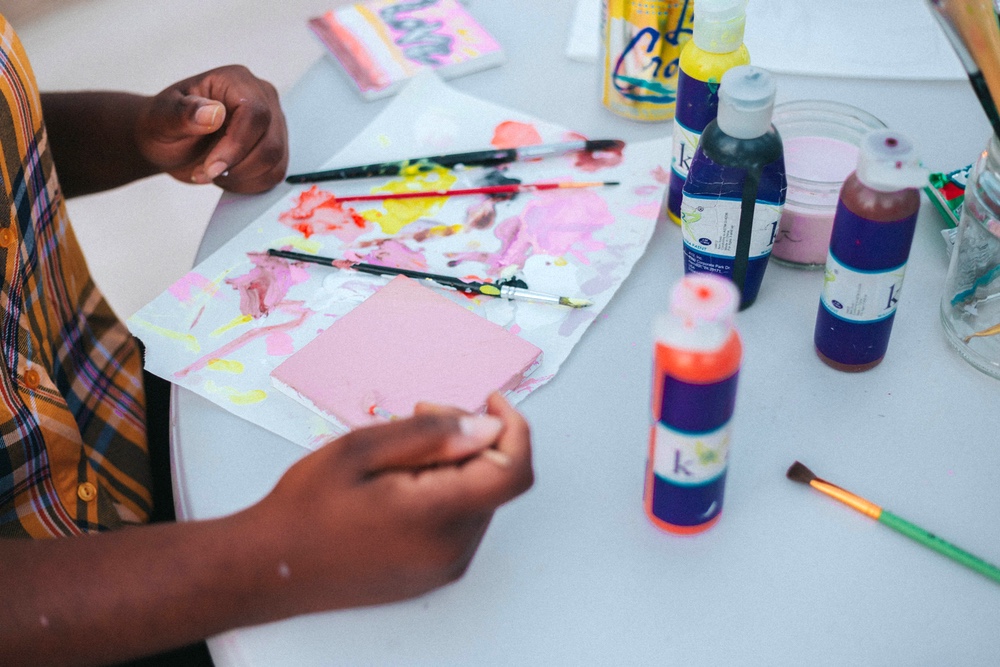In the spirit of making public predictions in order to get my thinking straight, I had a think about the industry I work in most: the world of communications agencies. What does the future hold for them? Is it possible to feel out what might happen in the next decade? Nothing particularly good, I don’t think:
“No economies of scale. Limited demand-side growth prospects. A model that delivers the benefit of productivity increases to clients, not agencies. Limited opportunities for further M&A. This all paints a bleak picture of the last decade for the big four, and a bleak picture of the prospects for the industry in general.”














